How to protect your home from common pests. Is landlord responsible for pest control?
Pests in the home are more than just a nuisance. Domestic pests can cause serious damage, spread harmful diseases, and make life stressful and uncomfortable. Whether you’re a homeowner or a renter in the UK, understanding the risks, recognising the signs, and knowing how to deal with pests can save you a great deal of time, money, and worry.
The need for pest control in the UK is particularly pressing during colder months. That’s when rodents and insects look for warmth, food, and shelter – and your home might be just the place they choose. If left unchecked, even a small problem can quickly escalate into a full-blown infestation that could impact your health and even the value of your property.
Rodents
Among the most common household pests in Britain are rats and mice. These rodents are especially common in towns and cities, where food waste and building gaps give them the perfect opportunity to sneak in. You might notice tiny droppings near skirting boards or hear scratching noises in the walls or ceiling. Gnaw marks on food packaging, wires, and furniture are also a clear sign, as are nests made from shredded paper and fabric. Beyond the obvious disgust, rats and mice carry dangerous diseases like salmonella and leptospirosis, and their constant chewing can even become a fire risk.
Cockroaches
Another unwanted guest you may encounter is the cockroach. Though less common in the UK than in some other countries, they’re still a serious concern when they appear. These insects tend to hide in warm, humid areas, and you might first notice them through a strong, musty smell, smear marks on walls or floors, or shed skins. Spotting one in your kitchen at night is a clear sign. They are not just unpleasant; they’re also a health hazard, known to spread bacteria and aggravate allergies and asthma.
Bedbugs
Bedbugs are another pest that’s becoming more widespread across the UK. These tiny, reddish-brown insects feed on human blood and are notorious for hiding in mattresses, bed frames, and furniture. Waking up with itchy red bites in a row or cluster, or finding small blood stains and dark spots on your bedding, could mean you have to deal with bedbugs. Although bedbugs don’t transmit disease, the stress and discomfort they cause can severely impact your sleep and well-being.
Ants
During the warmer months, ants are a familiar problem in many British homes. They’re often seen marching in long trails toward food left out in the open. You might also notice flying ants during the summer mating season, particularly in July. While ants aren’t dangerous, they are unhygienic and can contaminate your food, especially in kitchens and pantries.
Wasps
Wasps are a warm-weather pest, and they can be a real danger, especially to anyone with allergies. If you notice a growing number of wasps near your home or find a nest in your loft, shed, or garden wall, you may be facing a serious issue. Wasps can be aggressive and are capable of stinging multiple times. A sting is painful at best, but for some people, it can lead to a severe allergic reaction requiring urgent medical attention.
Silverfish
Then, there’s the lesser-known but surprisingly persistent silverfish. These small, silvery insects thrive in damp areas such as bathrooms and kitchens. Though they don’t pose any health risk, they can damage books, wallpaper, clothing, and stored food by chewing through materials. You might see them darting across the floor when you switch on the light or find yellowish stains on papers and fabric.
Prevention
Thankfully, there are many ways to prevent unwanted guests from entering your home in the first place. One of the most effective steps is sealing up any gaps or cracks in walls, floors, and around windows or doors. Bristle strips on the doors’ bottoms and mesh on air vents can help keep them out. Cleanliness also plays a huge role in prevention. Keeping kitchen surfaces spotless, sweeping up crumbs, and storing food in airtight containers reduce the chances of attracting pests.
Dispose of rubbish properly
Rubbish should never be allowed to pile up inside or outside your home. Empty your indoor bins regularly, clean the bins themselves, and make sure your outdoor bins are closed tightly and kept a fair distance from your house. Since many pests are drawn to moisture, it’s also important to fix any leaks promptly and use dehumidifiers in areas prone to damp. And try to keep clutter to a minimum, as piles of newspapers, cardboard boxes, and unused items offer ideal hiding places for pests.
If, despite your best efforts, pests do make their way in, it’s important to act quickly. Some infestations can be managed with do-it-yourself treatments, such as traps for mice, insect sprays for ants and silverfish, or bedbug mattress protectors and steam cleaning for affected bedding. Vinegar solutions can also help deter ants. Wasps, however, can be dangerous to handle yourself – if you find a nest, it’s best to call a professional pest control service, especially if you have allergies or children in the home.
Professional help should be considered when the infestation is large, persistent, or poses a health risk. This is particularly true for bedbugs, cockroaches, or rodent problems where there may be structural damage or a need for more aggressive treatment. Most local councils offer pest control services and may even subsidise the cost for certain issues, such as rat infestations.
Ignoring a pest problem can have serious consequences. Rodents can chew through electrical wiring, causing fire hazards. Insects like silverfish and moths can ruin books, clothing, and wallpaper. The presence of pests also carries a stigma and could reduce your home’s resale value. If you’re a landlord, a pest problem can land you in trouble with housing safety regulations. Renters who fail to promptly report issues to their landlord may face disputes or even lose part of their deposit.
Renters should be aware that responsibility for pest control can depend on the cause of the infestation. If pests enter the property due to poor maintenance or structural flaws, the landlord usually must address the problem. However, if poor hygiene or clutter is the cause, the tenant may be expected to take action. Regardless of who is responsible, renters must report pest problems to their landlord as soon as they notice them and keep a written record of all communications.
In summary, pest problems in the UK are common but manageable if dealt with promptly. Staying alert to the signs of infestation, keeping your home clean and sealed, and acting fast when you suspect a problem can save you a lot of hassle. Pests don’t go away on their own – they multiply, spread, and cause damage. Whether you’re renting or own your home, pest prevention and quick action are essential.
Is landlord responsible for pest control?
When it comes to pest control in rented properties, the question of who is responsible – the tenant or the landlord – depends on the cause of the problem. It is the landlord’s responsibility to ensure the property is fit for human habitation. In general, landlords are responsible for ensuring the property is fit for habitation, which includes being free from pest infestations caused by structural issues, disrepair, or problems that existed before the tenant moved in. Landlords responsible for maintaining a safe and habitable environment must address these issues promptly. If pests are present due to issues like holes in walls, damp, broken pipes, or poorly sealed windows, the landlord is expected to resolve the matter. However, if the infestation has occurred due to the tenant’s actions, such as poor hygiene, improper food storage, or allowing rubbish to accumulate, then the tenant may be held responsible. The tenancy agreements may also specify who handles pest control, so it’s important to check the details and report any signs of pests to the landlord or letting agent immediately. Tenants responsible for pest issues due to their actions must take appropriate measures. Keeping a written record of all communication can help if disputes arise.
Speed Property Buyers
If your home has become too much to manage due to pests or other problems, and you’re thinking of moving on, Speed Property Buyers is here to help. We buy homes in any condition, including those with pest issues, so you can sell quickly and move forward without delay. Get in touch today for a free, no-obligation cash offer and start fresh – pest-free and stress-free.



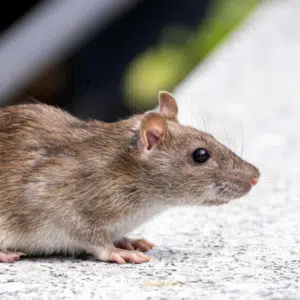
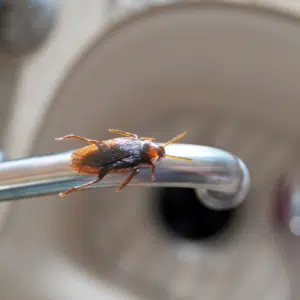
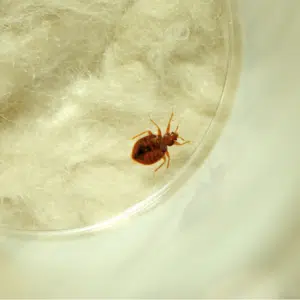
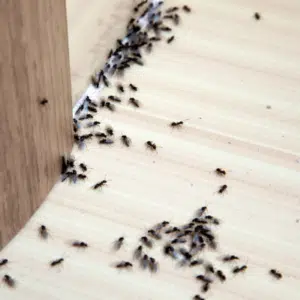
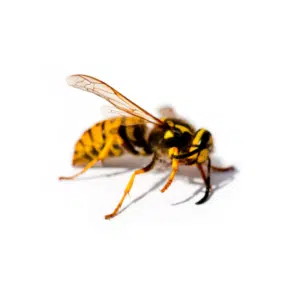
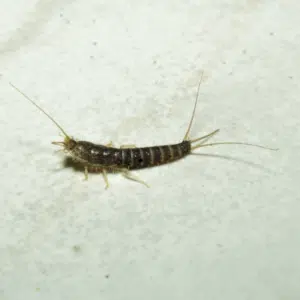






Comments (0)